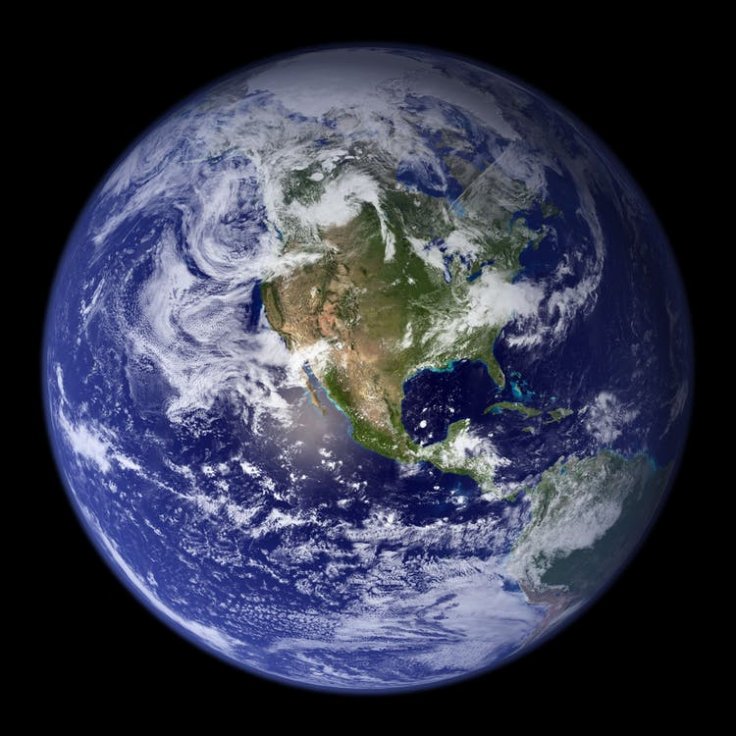As the world is working towards ensuring a green future, a new study has revealed that social media posts could help protect the biodiversity of the planet.
According to a study conducted by a team of international researchers, photos of nature that are being posted on social media platforms by photographers are helping improve biodiversity conservation mapping in South Asia, and the method could go global.

During the study, Dr Shawan Chowdhury from the University of Queensland's School of Environment and his team of researchers scoured images on Facebook nature photography groups in Bangladesh, to add to the existing Global Biodiversity Information Facility database.
"We found 44,000 photos of almost 1,000 animal species, including many birds and insects, 288 of which are considered threatened in Bangladesh. This has vastly improved habitat mapping across the country where only 4.6 per cent of land is designated as protected," said Chowdhary.
He added: "We identified many more high-priority areas for conservation, spanning 4,000 square kilometres for birds and 10,000 square kilometres for butterflies. We'd been missing out on the distribution data of hundreds of endangered species in Bangladesh so this is a big result."
According to Chowdhury, the usage of social media platforms like Facebook could help scientists gather biodiversity information in the future, especially in regions where there is a lack of reliable and up-to-date structured monitoring to inform conservation efforts.
Professor Richard Fuller from the University of Queensland who is the co-author of the study noted that social media firms have a bigger role to play in protecting the planet's future.
"There is currently no automated way to collect this information, and it was a very arduous task for us to do it manually. We hope our research can inspire the development of technology such as an app that transfers biodiversity data posted on Facebook directly to the global biodiversity databases," he noted.








